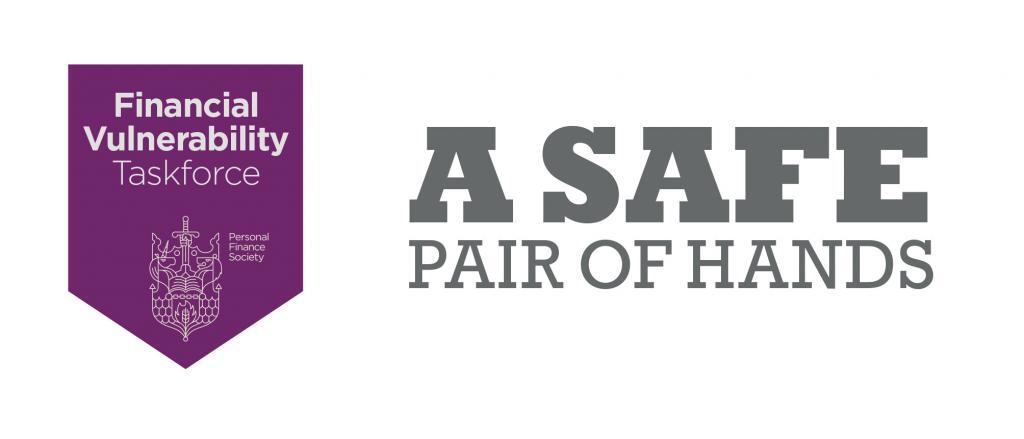Morgan Williams & Co. has become one of the first supporters of the Financial Vulnerabilty Task Force, in doing so, we have committed to uphold 9 Key Principles, further demonstrating our ongoing commitment to our clients and the advice community.
What is the Financial Vulnerability Taskforce?
The Financial Vulnerability Taskforce is a newly created independent and inclusive representative body covering the personal finance sector. Supported by the Personal Finance Society, its ultimate purpose is to promote greater understanding of vulnerability, encourage appropriate behaviours and establish good practice amongst personal finance professionals in respect of people who find themselves in vulnerable circumstances. Source: The PFS

The Charter
The 9 statements contained in our Charter underpin the work of the Financial Vulnerability Taskforce and we expect that our supporters will make a commitment to enact and actively support them.
As professionals working in or with the UK Personal Finance Sector:
- We acknowledge that as our services often involve the application of specialist and technical financial knowledge, this places many clients in a position of dependency and as such imposes upon us a greater moral duty to act in their best interests and as a ‘safe pair of hands’ , especially to those who find themselves in vulnerable circumstances.
- We accept that our professional obligation to use ‘best endeavours’ and place our clients’ interests above our commercial interests have a greater significance to clients who are in vulnerable circumstances and, therefore, at greater risk of detriment.
- We recognise that vulnerability can manifest itself in either physical, mental or emotional form (knowingly or otherwise), is dynamic in nature (short lived or longer term, sometimes permanent, transient, recurring or fluctuating over time) and may be hidden.
- When working with clients who seek to access our services, we treat all fairly, regardless of their identity, age, gender, race, sexual orientation, disability, gender reassignment, religion or belief, and guard against making assumptions about individuals.
- We believe that language and terminology is important. Vulnerability relates to circumstances and not a category of person. As such, descriptions such as ‘those in vulnerable circumstances’ should be used at all times instead of ‘vulnerable individuals’, except when only referring to individuals or groups of individuals where vulnerability is permanent.
- We recognise that people in vulnerable circumstances are often unaware of their vulnerability and, if they are aware, might not acknowledge it nor wish to be described as vulnerable. We, therefore, accept our heightened professional obligations towards clients in vulnerable circumstances; and the need for raised awareness, greater sensitivity, and additional technical competencies.
- We seek to recognise clients in vulnerable circumstances and encourage all to self-declare if appropriate, safe in the knowledge that we will:
- adapt our business processes and professional services, so our clients do not suffer detriment at any point as we seek to deliver outcomes at least as good as for those who are not in vulnerable circumstances
- maintain confidentiality and ensure our behaviours are fully compliant with all relevant legislation including The Equality Act (2010), Consumer Protection regulations, The Mental Capacity Act 2005 and data protection including GDPR.
- We see application of the above as ‘business as usual’, part of our raison d’être and not part of a separate compliance or ‘stand-alone’ exercise.
- We seek to enable all members of our organisations to deal compassionately, empathetically and effectively with those in vulnerable circumstances by raising awareness of vulnerability and by providing training to all within our organisations in appropriate methods of engagement and the effective discharge of our professional services.
- When we encounter clients in vulnerable circumstances and recognise that they may be in immediate danger of significant abuse or harm, or may need immediate support, we will take action to contact the appropriate authorities to mitigate the risks they face.
You can read the consumer guide here:

